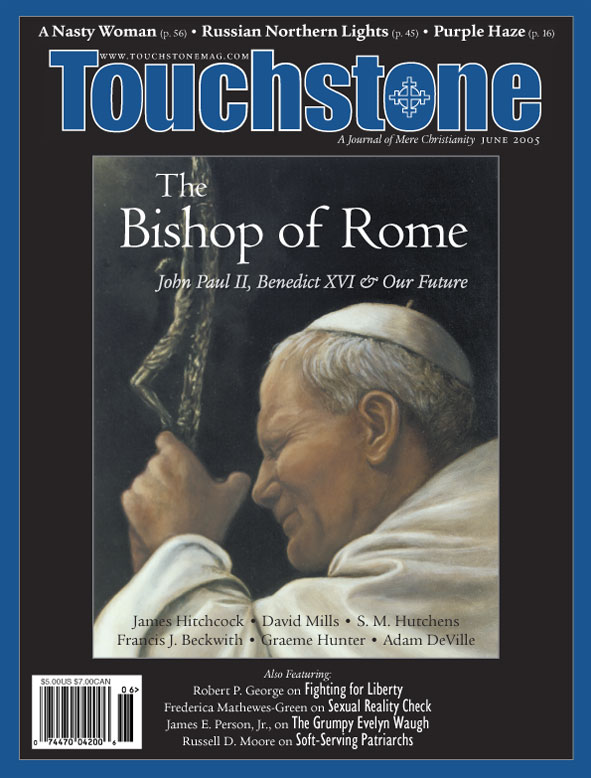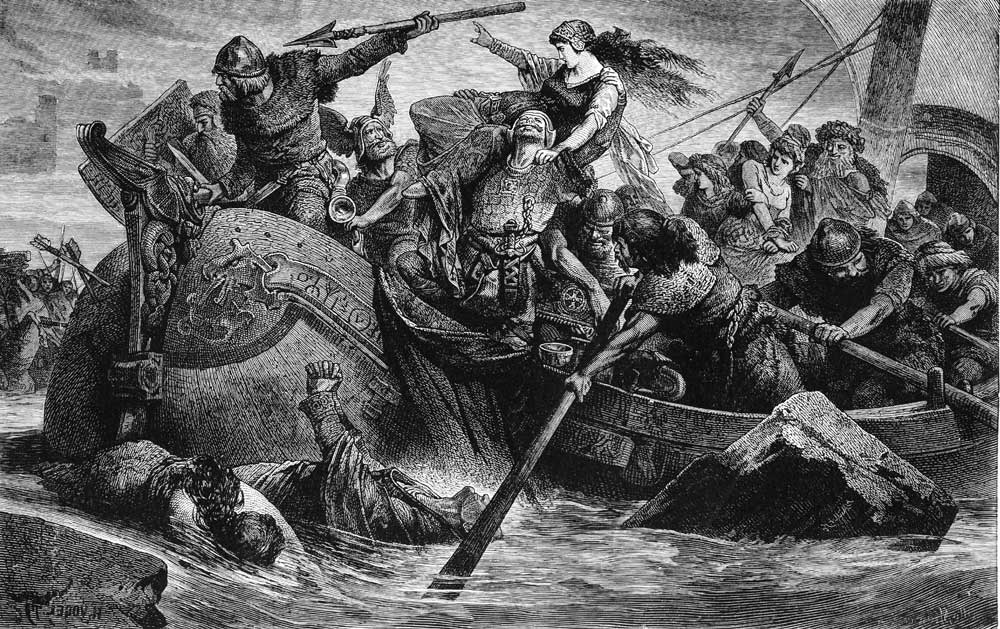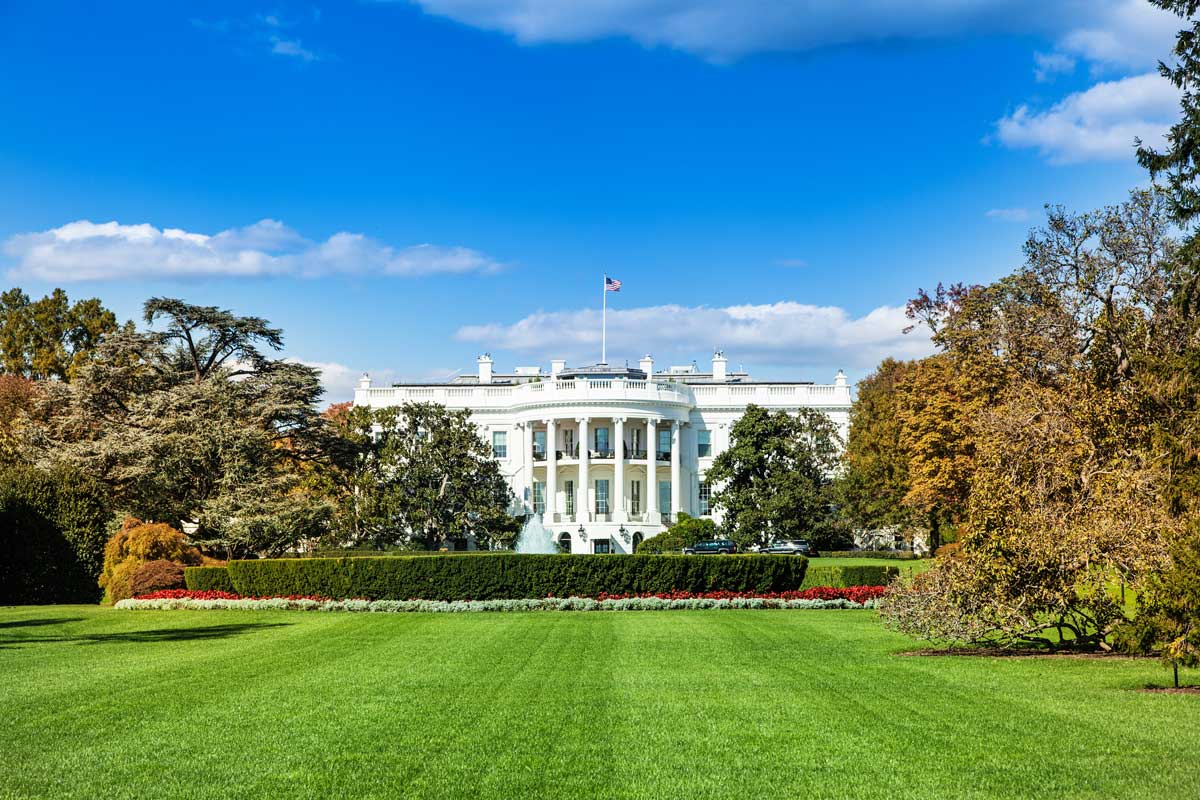View
Freedom’s Fighters
Robert P. George on History’s Greatest Force for Liberty & Justice
I grew up in a house on Princeton Avenue in the Suncrest section of Morgantown, West Virginia. The streets and avenues in Suncrest bore names like Harvard and Dartmouth and Princeton because the man who laid out the streets and named them—a celebrated local lawyer and public servant named Minter Wilson—had studied at the Harvard Law School and had enormous regard for the great colleges and universities that would later be organized into a sports conference called the Ivy League.
One of Mr. Wilson’s law clients was an Italian immigrant from the village of San Giovanni in Fiore in Calabria, named Sam Sellaro. Sam had come to this country to work on the railroads and in the mines, and had saved enough money to establish with his brother a little grocery business. He and his wife, Asunta Fazio, continued to work and save, and soon were able to begin buying and renting property. It was in this connection that they came to know Mr. Wilson, who regaled them with stories of the great centers of teaching and learning after which he had named the local streets.
Although Sam and Asunta had little formal education, they prized learning and desired that their children and grandchildren receive the best education available to them. Minter Wilson told them that because this was America it was entirely possible that their children or grandchildren could study at the great institutions for which he had named the local streets.
I don’t know whether Sam and Asunta were able to bring themselves to believe it. The prosperity and freedom they enjoyed, as Americans, must have seemed to them a more than generous bounty. I somehow doubt that Sam could truly have believed that someone who had arrived a few years before as a penniless immigrant, barely able to make himself understood in English, having no social standing and not belonging to the majority religion, could send his children or grandchildren to places like Harvard and Princeton.
But Minter Wilson spoke the truth. In America such things truly are possible. When I reflect on what Mr. Wilson told Sam and Asunta Sellaro, and when I consider my good fortune to have studied at Harvard and to be teaching at Princeton, I get a chill. For Sam and Asunta were my grandparents. And when my grandfather arrived at Ellis Island, the McCormick Professor of Jurisprudence at Princeton was Woodrow Wilson. Before the century ended, that chair would be occupied by Sam Sellaro’s grandson.
Honored Principles
I tell this story not to indulge a sentimental thought, and certainly not to claim any credit for myself; I tell it to praise the United States of America, and to give you some idea of why I love this country so deeply and honor the great principles for which it stands. I tell the story to communicate to you why I do what I do; why I teach what I teach; why I so passionately desire to bring my students more fully to understand—and to appreciate—American ideals and institutions.
My grandfather came here, as did millions of others, fleeing poverty and seeking decent treatment. But he, and they, got more than that—much more. He was able to become . . . an American. Neither his ethnicity nor his faith presented any impediment to his becoming a citizen and enjoying rights equal to those enjoyed by those of his fellow citizens whose ancestors had come to this continent on the Mayflower.
This country made good to him on the promise announced in its Declaration of Independence and confirmed at Gettysburg: “We hold these truths to be self-evident, that all men are created equal; that they are endowed by their Creator with certain unalienable rights; that among these are life, liberty, and the pursuit of happiness.” America asked, in return, only that he pledge his allegiance to the United States and to the Constitution that secures and effectuates the nation’s principles, and that he be prepared, as a citizen, to defend the nation, should his service be required.
To express a patriotic sentiment is too often perceived these days as unsophisticated, even naive. Students are sometimes taught that the United States of America is just like any other land—only worse. Our history is depicted as a series of crimes and depredations. Our nation was, it is said, conceived in sin and has never been anything other than a cancer on the planet. Recently a professor gained notoriety for claiming that we are a nation of “little Eichmanns” who deserve to be murdered by terrorists.
Robert P. George is McCormick Professor of Jurisprudence and Director of the James Madison Program in American Ideals and Institutions at Princeton University (web.princeton.edu/sites/jmadison). His books include In Defense of Natural Law (Oxford University Press) and Conscience and Its Enemies (ISI Books). He has served as chairman of the U.S. Commission on International Religious Freedom. He is a senior editor of Touchstone.
subscription options
Order
Print/Online Subscription

Get six issues (one year) of Touchstone PLUS full online access including pdf downloads for only $39.95. That's only $3.34 per month!
Order
Online Only
Subscription

Get a one-year full-access subscription to the Touchstone online archives for only $19.95. That's only $1.66 per month!
bulk subscriptions
Order Touchstone subscriptions in bulk and save $10 per sub! Each subscription includes 6 issues of Touchstone plus full online access to touchstonemag.com—including archives, videos, and pdf downloads of recent issues for only $29.95 each! Great for churches or study groups.
Transactions will be processed on a secure server.
more on history from the online archives
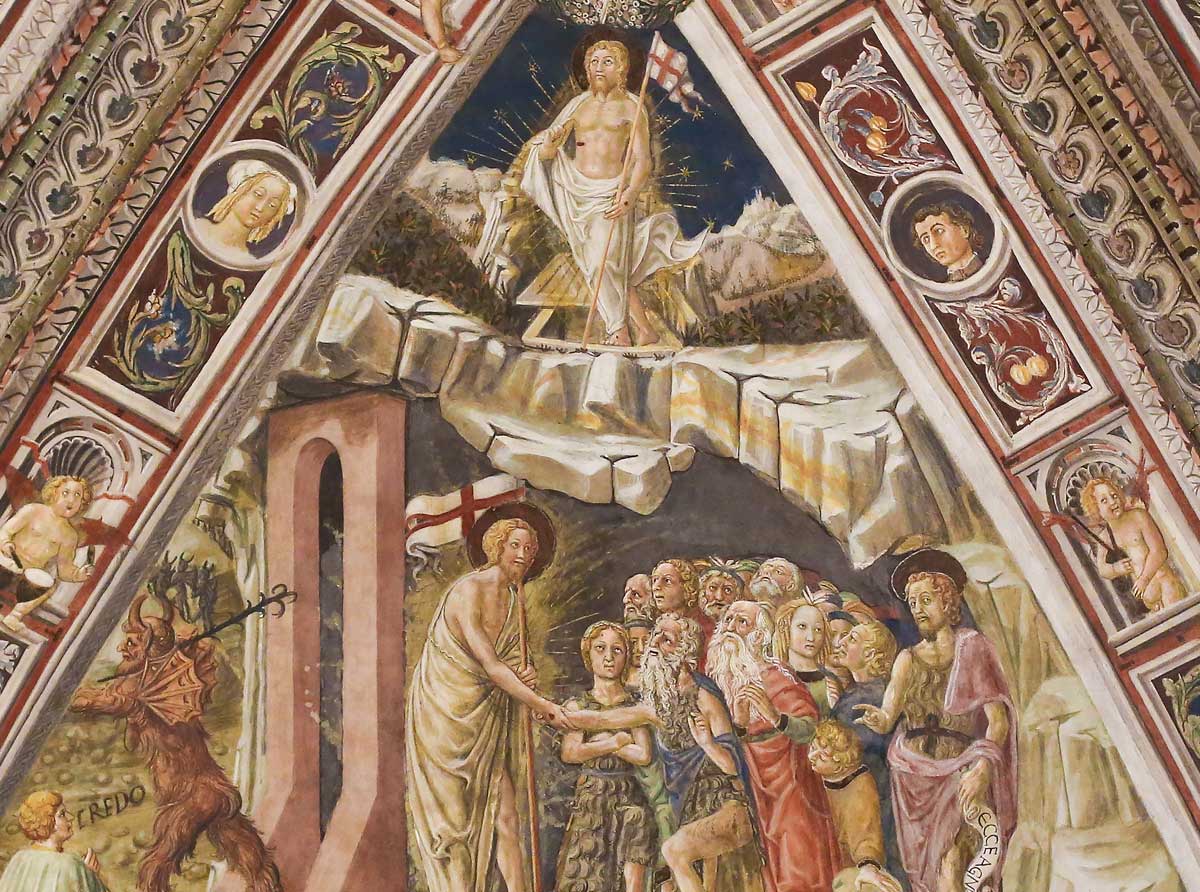
14.6—July/August 2001
The Transformed Relics of the Fall
on the Fulfillment of History in Christ by Patrick Henry Reardon

15.6—July/August 2002
Things Hidden Since the Beginning of the World
The Shape of Divine Providence & Human History by James Hitchcock
more from the online archives
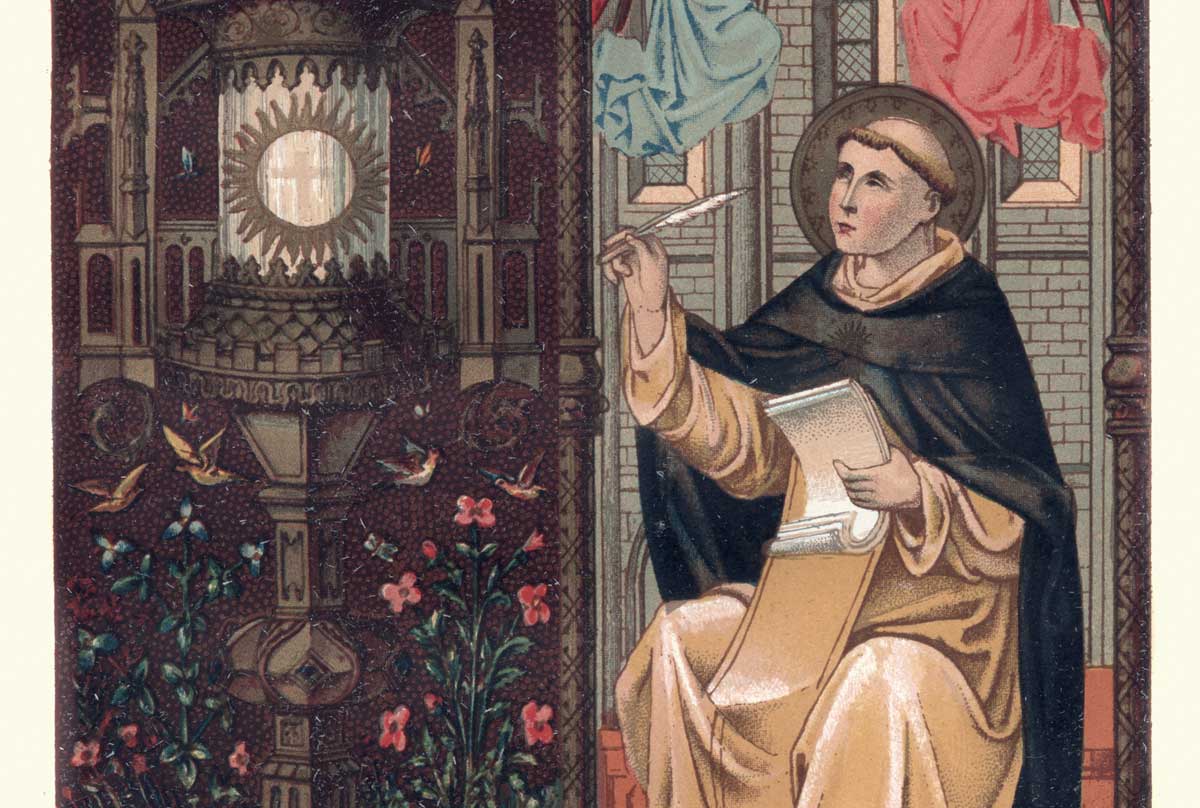
23.6—November/December 2010
Darwin, Design & Thomas Aquinas
The Mythical Conflict Between Thomism & Intelligent Design by Logan Paul Gage
calling all readers
Please Donate
"There are magazines worth reading but few worth saving . . . Touchstone is just such a magazine."
—Alice von Hildebrand
"Here we do not concede one square millimeter of territory to falsehood, folly, contemporary sentimentality, or fashion. We speak the truth, and let God be our judge. . . . Touchstone is the one committedly Christian conservative journal."
—Anthony Esolen, Touchstone senior editor





